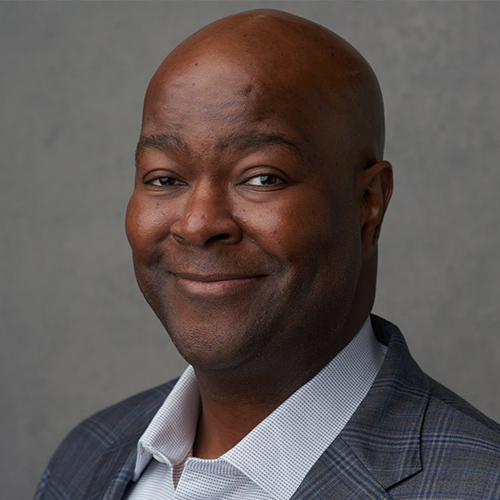3 minutes
5 steps to teaching your team to work together to win for the credit union and its members
Talent development today is no longer solely about providing the best pay and opportunities to the top 2 percent of your staff. Instead, it’s about developing and feeding a talent strategy that readies your entire team to work together to deliver on your organization’s mission and vision.
Think about the National Basketball Association. In 2017, the pundits didn’t think the Boston Celtics were going anywhere in the playoffs. Two of the team’s three top stars had season-ending injuries. Yet the Celtics made it to the Eastern Conference finals, ultimately losing to Cleveland in a tough, seven-game series.
How was this success possible? Boston’s coach (similar to a CU CEO) developed his young talent—including rookie Jason Tatum, second year Jaylen Brown and third year Terry Rozier—and put them in the best position to succeed. In addition, the coach developed the team’s “role players” so they understood what they needed to do to help the team win.
How can you, as CEO, facilitate the development of your entire team for the betterment of your credit union and its members? Here are five suggestions.
- Spend time on talent development. A CEO who’s committed to developing people might spend a total of 30-40 days a year doing such things as building the organization’s talent strategy, coaching a senior report or doing a performance review. If that seems like a lot of days, consider that it means spending less than 10 percent of your time on your most important asset. If you’d like assistance, turn to our free, monthly “Purposeful Talent Development” column on the CUES Skybox blog.
- Attend to your own talent development in visible ways. The CEO sets the tone for staff. Be sure you’re always learning—whether by reading, listening to your team members or studying the market—and make sure your direct reports and other team members see you do it. If you don’t yet list the highly regarded “Certified Chief Executive” or “CCE” designation behind your name, consider attending CUES’ CEO Institute.
- Engage your board in discussions about talent strategy for your organization—as well as in its own development. Talent is strategic and therefore an important board discussion. What perspectives can you learn from talking to your board members about how best to develop your people? And, what are you doing to keep your board infused with new ideas and best practices? CUES’ director learning offerings range from Center for Credit Union Board Excellence videos you can discuss at your board meeting to CUES Governance Leadership Institute™ at the University of Toronto.
- Pay attention to the development of your front-line talent. Harkening back to our basketball example, your highest paid stars are important, but your tellers are the ones who greet your members every day. And your newest manager is having an impact—right this minute—on his or her reports. Make sure you attend to their development needs too, whether by using a program like CUES’ Vertex, peer coaching, or some other method suggested by those employees as most meaningful to them.
- Practice talent development every day. When I suggested you might spend 30-40 days a year on talent development, I certainly didn’t mean to suggest you’d always do talent development in large chunks. Sometimes you will, but make sure you attend to it regularly and often—much like winning basketball teams head to practice every day.
Many of you already have your heads fully in the game when it comes to spotting and developing talent. I hope the above list helps you refocus and re-energize your efforts. If you’re new to developing your whole team, I hope the list gets you off to a good start. Either way, I’d like to hear how your talent development efforts are going.
John Pembroke is president/CEO of CUES. Since joining the organization in May 2013 as chief operating officer, he has helped launch a new direction in CUES’ strategy, branding and culture. Pembroke has more than 20 years of experience in branding and financial services. He holds an MBA from the University of Chicago’s Booth School of Business and is a member of the board of the Goodman Community Center, Madison, Wis.






